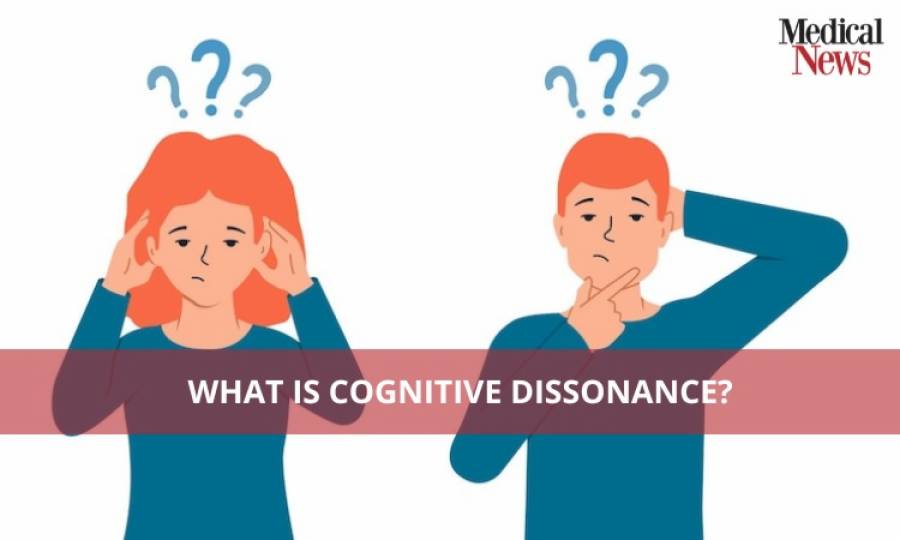What is cognitive dissonance?

Cognitive dissonance is a term used in psychology to describe the mental discomfort arising from the inconsistency of beliefs or attitudes. This theory was investigated and published by Leon Festinger. It’s basically the incompatibility of two cognitions. So, what is cognition? Cognition is a thought, belief, mood, or behavior. However, dissonance threatens those thoughts, belief systems and self-identity. This conflict typically leads to alteration of the attitudes, beliefs or behaviors to decrease the discomfort. It can be seen as a constant inner struggle.
Example:
Knowing that smoking is bad for health and still smoking will cause cognitive dissonance in a person. The person will try to eliminate the disturbance by either quitting smoking or finding research proving that smoking is not detrimental to health. Another example is supporting fast fashion, even though the common belief is that slow and sustainable fashion should be adopted.
Signs of cognitive dissonance:
1. Behavior justification
2. Alteration of behavior leading to healthy outcomes
3. Guilt about inconsistent thoughts or behavior patterns
4. Avoidance of topics or conversations
5. Mental discomfort before decision making
6. Hostile behavior
Causes:
1. New information
2. Forced to comply
3. Limited decision options
4. Social and societal pressure
Effects:
The disturbance caused by compliance and self-betrayal can add to the mental toll of the person and increase stress. On the other hand, avoiding dissonance can cause the habits to prolong and cause harm. There can be a number of mental changes in a person, such as low self-esteem, shame, guilt, anger and anxiety. Living a life full of integrity and minimizing the value of the dissonance can take a life-long toll on the person’s mental and physical well-being. Whereas on the other hand, experiencing dissonance can also shift harmful behaviors to positive ones. The realization of the conflict can change beliefs and habits if the dissonance is used as a self-correcting tool. Many studies have utilized this psychological phenomenon to treat medical and psychological disorders.
How to resolve it?
Cognitive dissonance can be considered good or bad, depending on the person. It can prompt a person to make healthy and positive changes in life to reduce dissonance and restore balance. It’s harmful when there is behavior justification or avoidance. Steps like changing thoughts, actions, and beliefs can help overcome feelings of conflict. Journal your thoughts and stay connected to the sense. Self-awareness and accountability are traits which can be utilized to resolve cognitive dissonance. It’s just a matter of changing perspectives or adopting new healthier habits to help you live the best possible life. However, if a person thinks the practices are becoming too addictive or there is constant stress and anxiety over specific actions, they can seek professional help.
In conclusion, having contradictions is a part of life but what you do with those contradictions is what matters. This dissonance can be used as a self-correcting tool to live a life of clarity, purpose and happy consciousness. Also, always seek help when it becomes too much to handle.
Trending
Popular
Over one billion people worldwide struggle with obesity, WHO study ...
-
Health Alert: Dried fruits found to ...
11:47 AM, 2 Mar, 2024 -
Quitting smoking early linked to better ...
09:56 AM, 19 Feb, 2024 -
Medical colleges should prioritize ...
11:03 AM, 16 Feb, 2024 -
JSMU workshop on quality assurance in ...
02:58 PM, 6 Feb, 2024




